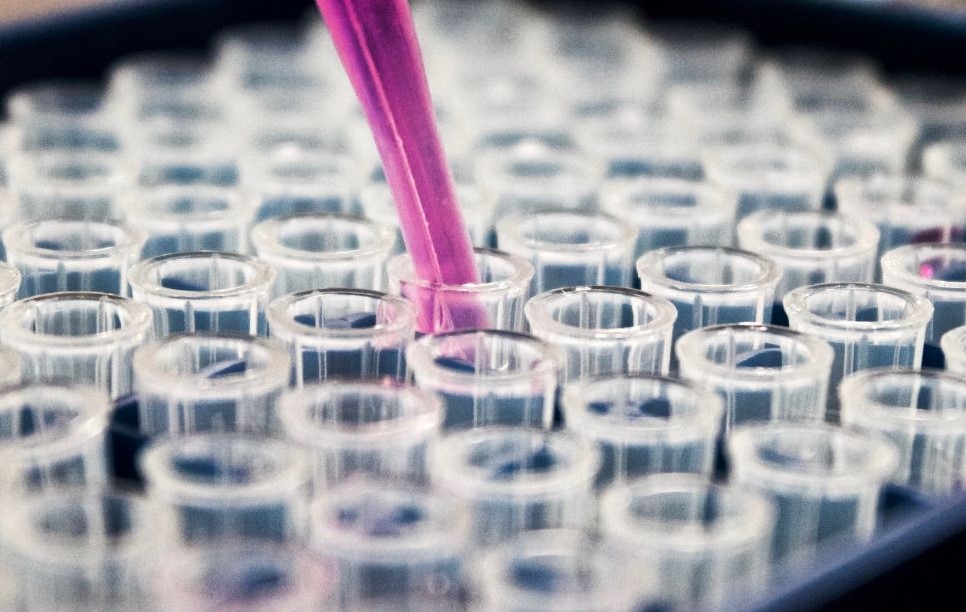

Biology and data technology have collided to produce a crypto password encased within strands of DNA.
The mind-boggling science is the dreamchild of Vishaal Bhuyan. He’s the CEO of Carverr – a scientific institute based in Switzerland – which, up until the last few months, has had no crossover into the crypto space whatsoever.
However, recognising a parallel between DNA and coding – both essentially rely on basic binary data – boffins at Carverr’s Zug laboratories have come up with a way of storing crypto wallet passwords inside tubes of synthetic DNA.
It is believed that up to one in four crypto wallet passwords are lost either through user error or more malicious means, but embedding a unique key inside equally unique synthetic DNA strands could provide the most secure answer yet.
READ: Are cyber attacks and crypto wallet breaches on the rise?
The tech isn’t exactly cheap though. Weighing in at a whopping $1,000 a key, you’d need to be a fairly serious investor to pay for that level of security. However, to anyone keen on protecting large and growing digital assets, it might be a drop in the ocean in order to maintain total security around an investment.
One flaw in the system is the consideration that a DNA-encased password takes, on average, 48 hours to access.
But neither of those issues appear to be putting people off. Carverr says it has, even at this embryonic stage, had more than 30 customers paying to have their passkey turned into synthetic DNA.
“DNA is the only thing that won’t become obsolete,” explains Bhuyan.
“So the way I look at it, this is a trust that you can allocate some of your assets to and keep for a very, very long period of time.”
For added security, even in the unlikely event that the vials containing the DNA were physically stolen from their Swiss lab, unauthorised access could still not be gained due to the complex binary-to-DNA encryption.
“DNA storage is unique in that it transforms data from digital information to biological, and therefore requires no software updates or internet connection,” Carverr explains.
“Since it lives off-line, it is also protected from hackers and because your code is contained in a strand of DNA it can never become obsolete, unlike other cold storage wallets.
“Even storing your digital codes in-offline servers in a mountain means at some point, those servers will become obsolete and require updates. Carverr’s DNA system is a one and done solution that ensures your code outlives you.”
DONT MISS: Coin Rivet guides to wallets and exchanges
Denver, Colorado, 24th February 2025, Chainwire
Denver, Colorado, 20th February 2025, Chainwire
Washington, D.C., 18th February 2025, Chainwire
Dubai, UAE, 27th January 2025, Chainwire
Those who enter the market at this time may be surprised to hear that Bitcoin…
George Town, Grand Cayman, 22nd November 2024, Chainwire